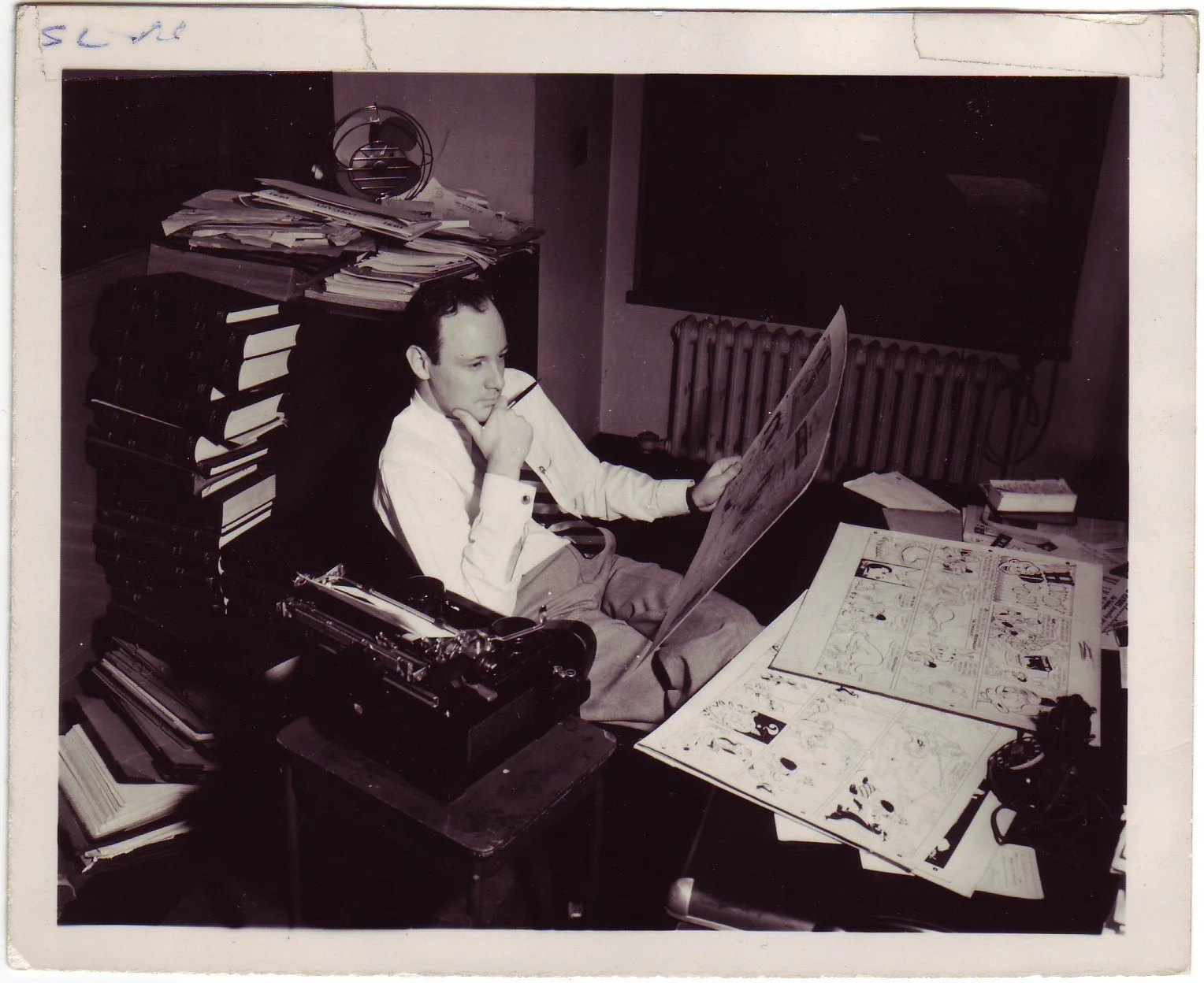The workplace is undergoing constant change. As a result, young professionals are stepping into roles that demand adaptability, resilience, and a strong sense of purpose. This type of people-first leadership is at the heart of authentic leadership.
The Authentic Leader: The Power of Deep Leadership in Work and Life is a guide for anyone who aspires to lead with integrity and impact, no matter what stage they are at in their career stage. Here’s why young professionals should read this book and the lessons they’ll take away.
1. Leadership Starts Before the Title
Many young professionals assume leadership begins with a promotion, but The Authentic Leader teaches that leadership is a mindset, not a job title. Leadership starts with self-awareness, responsibility, and the ability to positively influence others—whether you’re managing a team or contributing as an individual.
Lesson Learned: Great leaders take ownership of their work, build trust, and inspire those around them long before they reach the executive suite. By embracing leadership principles early, young professionals set themselves apart and create additional opportunities for growth.
2. Authenticity Builds Long-Term Success
In a world that rewards personal branding and social media presence, it is easy to fall into the trap of trying to be who you think others want you to be. The Authentic Leader emphasizes that real success comes from being authentic, aligning your values with your work, and building trust through transparency.
Lesson Learned: The strongest leaders—now and throughout history—have been those who remain true to their values, communicate honestly, and foster real connections. Young professionals who develop these habits early will build lasting credibility and meaningful careers.
3. Emotional Intelligence is the Key to Influence
The workplace is filled with diverse perspectives, challenges, and moments of uncertainty. The Authentic Leader highlights the power of emotional intelligence in navigating relationships, resolving conflicts, and creating positive workplace cultures.
Lesson Learned: Young professionals who practice empathy, active listening, and emotional self-awareness will be better equipped to collaborate, lead, and create a lasting impact in their industries.
Final Thought
Leadership isn’t something you wait for over days, months, and years. It is your responsibility to develop the necessary skills every day. The Authentic Leader provides the tools and insights young professionals need to become confident, purpose-driven leaders in a fast-changing world. By understanding these principles early, they can build careers that are not only successful, but also deeply fulfilling.
Are you ready to take the first step toward authentic leadership? Pick up The Authentic Leader and start shaping your leadership journey today.










